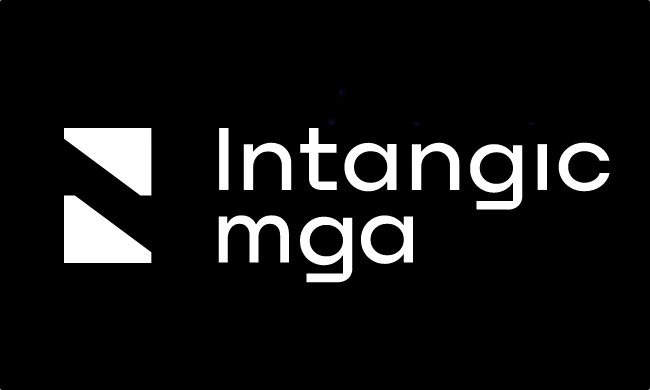Intangic MGA develops hybrid cyber parametric cover with AXA XL backing

Intangic MGA, a newly launched cyber insurance focused underwriter, has developed a clever hybrid parametric cyber risk transfer product, with capacity backing from AXA XL.
The cyber parametric policy features triggers, the first a parametric based on the level of malicious activity targeting a company, and the second a subsequent loss in value.
That second trigger is really akin to an indemnity trigger, it seems, hence our calling this a hybrid parametric cover.
But that’s what makes this a clever use of parametric risk transfer technology to target cyber risk with, given the challenges that market faces in a lack of capacity.
Robust triggers and products can help to bring new capital to the cyber risk insurance market, and that is a stated goal for Intangic MGA.
While the company also sees its product as complementary to cyber indemnity covers and the dual-trigger approach will help here, making it much easier to understand and fit alongside traditional risk transfer products for large corporate buyers.
The MGA says that all parties involved in a cyber insurance transaction using its parametric arrangement will have a transparent dashboard for the real-time monitoring of risk activity.
When both trigger conditions have been met, a claim can be quickly paid to policy holders.
The parametric cyber insurance cover is targeted at large public corporations headquartered in the UK to begin.
The policies will be underwritten by AXA XL Insurance Company UK Ltd., with cover of up to $15 million (£ 12.5 million) available in the UK market to cover losses from material cyber breaches.
Intangic MGA says it has plans to extend the parametric cyber risk transfer offering to the U.S. market as well.
“It really just comes down to thinking differently about the problem,” explained Ryan Dodd, Chief Executive Officer and Founder of Intangic. “The security teams at large corporations have to manage cyber threats all day, every day. Our approach assesses cyber as a high-frequency risk. By accepting cyber attacks as ‘constant’, we can measure a link between how these attacks are managed and the financial impact they have on corporate operations. Our parametric triggers make this link visible, enabling fast recovery from covered material breaches and giving corporations a new type of insurance risk transfer. By doing this, we have converted cyber risk to a language the board understands.”
“This is a simple and innovative solution to a complex problem,” added Luis Prato, Chief Underwriting Officer, UK & Lloyd’s at AXA XL. “Intangic’s policy and the mechanisms behind it create a different way to approach risk and unlock capacity for cyber for large public corporations, helping them to strengthen their cyber risk programme.”
“Companies are looking for a new approach from the market and a clear, fast recovery from their insurance protection – our product offering provides this,” Mark Heath, Head of Insurance and Chief Underwriting Officer, Intangic MGA also said.
“We brought multiple areas of risk expertise together to think about cyber differently and, through data science, we have converted what is considered an invisible risk into something more measurable and – ultimately visible – to large corporations,” added Dodd. “We want to demystify cyber to anyone outside of our customers’ cyber security team. We can, as a result, help risk managers improve the overall effectiveness of their cyber insurance programmes, including timely payouts.”
Embedding parametric risk transfer arrangements with a loss of value clause, or trigger, is common practice in other areas of the market and a surprising number of supposed pure-parametric insurance and risk transfer arrangements are actually hybrid in this way.
It helps to reduce basis risk, making parametric covers more easily saleable, but also importantly enables closer calibration of a parametric risk transfer contract to a policyholders needs and other sources of protection.
Also notable, for us, this kind of product could form a capital markets risk transfer solution, as the reduction in basis risk could help to make it appealing to very large corporates looking to access diverse sources of insurance or risk capital, somewhere ILS investors with an appetite for cyber risk could step in, further down the line.






